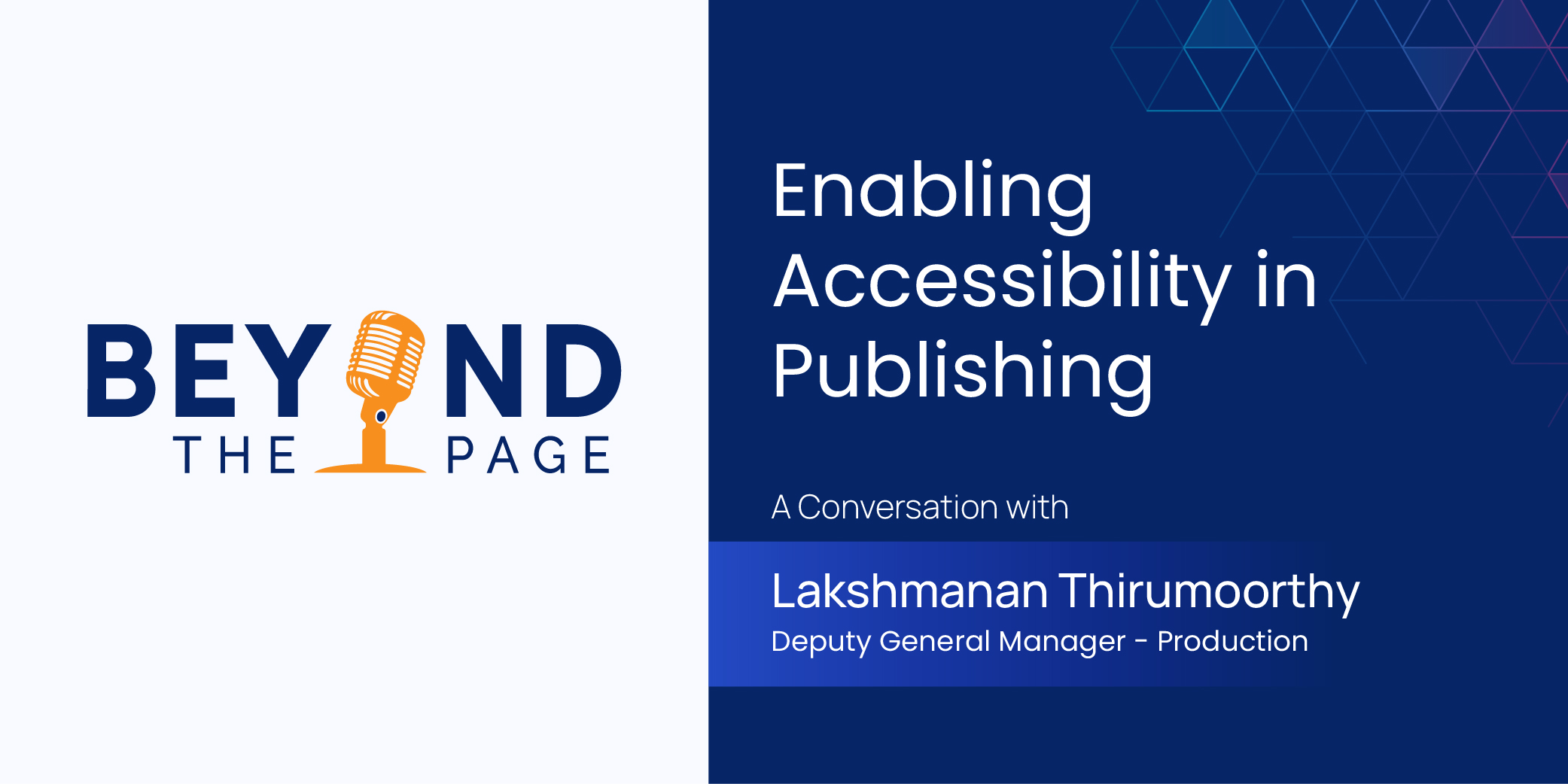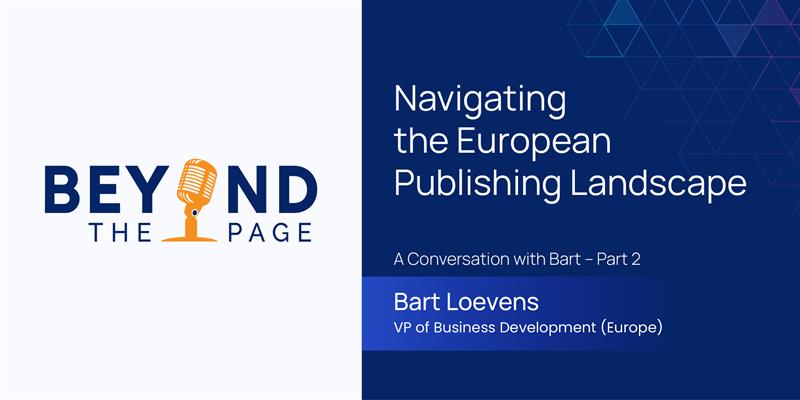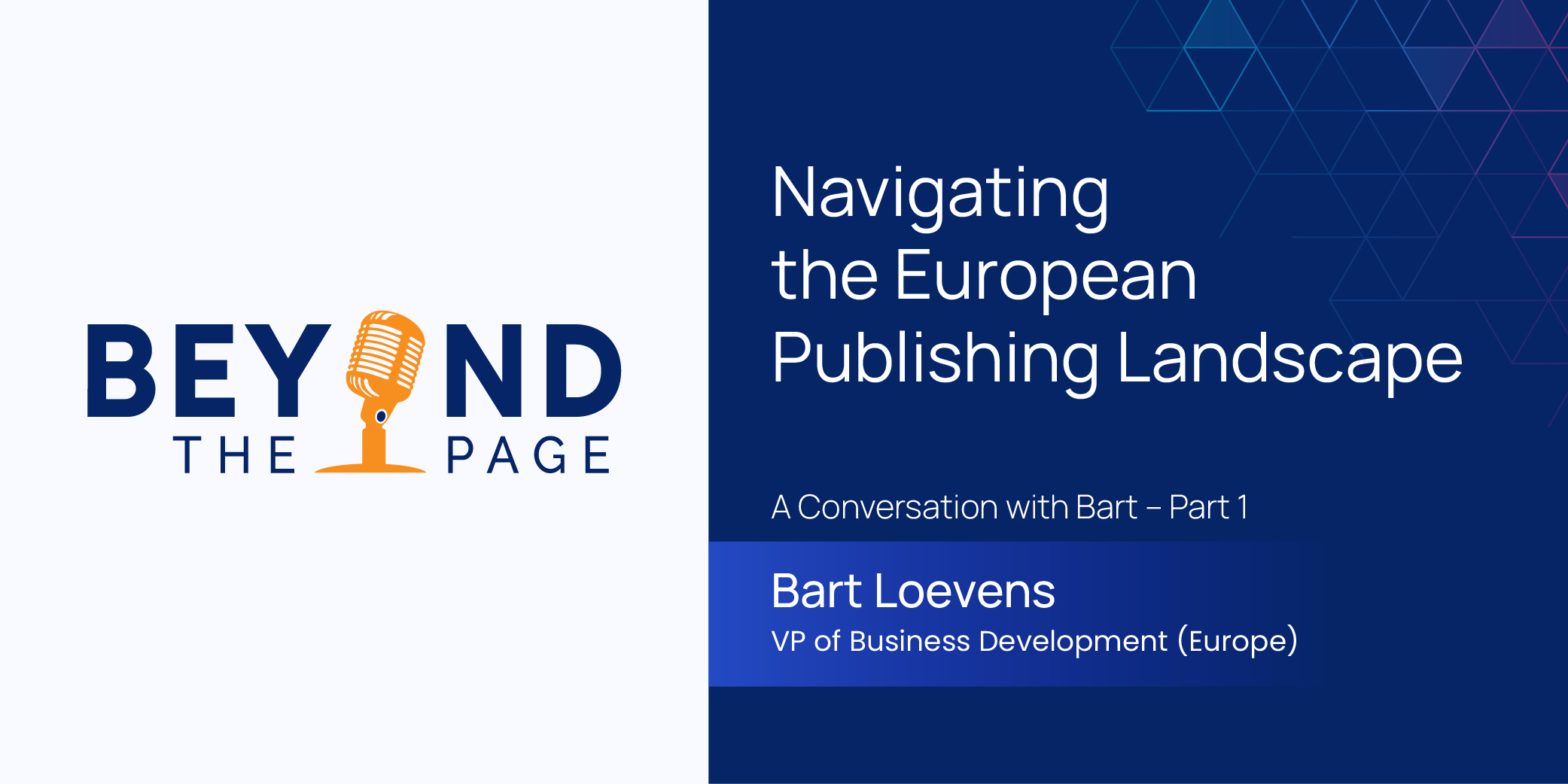
Bridging AI and Academia
The intersection of artificial intelligence (AI) and scholarly publishing marks a significant shift in academic research. As AI technologies rapidly evolve they’re reshaping how research is conducted, reviewed and disseminated. This post explores the multifaceted role of AI in scholarly publishing, its influence on research integrity, and the delicate balance between technological innovation and human judgment.
We’ll examine how AI is streamlining publishing processes, improving peer review, and influencing the future of academic discourse while also considering the ethical implications and the need for responsible implementation.
The Role of AI in Scholarly Publishing
AI is changing scholarly publishing by automating and improving various aspects of the publication process. In manuscript screening and formatting, AI tools are being employed to check for compliance with journal guidelines, possibly reducing the workload on editorial staff. These systems can flag issues ranging from formatting inconsistencies to potential ethical concerns.
The submission and review workflows are also benefiting from AI improvements. Automated systems can match manuscripts with appropriate reviewers based on expertise and availability, possibly speeding up the review process.
Additionally, AI is improving accessibility and reach through advanced translation tools, allowing research to cross language barriers more easily. Personalized content recommendation systems are helping researchers find relevant studies, possibly increasing the visibility and influence of published work.
Maintaining Research Integrity in the Digital Age
Research integrity is at the core of scholarly publishing, encompassing principles of honesty, transparency and ethical conduct. In the digital age, maintaining these standards is both more vital and more challenging. Common threats to research integrity include plagiarism, data fabrication and undisclosed conflicts of interest. These issues can undermine the credibility of individual researchers and institutions and erode public trust in science.
The integration of AI in scholarly publishing brings its own set of ethical considerations. While AI can improve the detection of misconduct, it also raises questions about transparency and accountability.
There’s a need to maintain that AI systems are themselves free from bias and that their decision-making processes are understandable and open to scrutiny. Human oversight remains essential in AI implementations to interpret results, handle complex ethical situations and make final judgments on research integrity issues.
AI-Improved Peer Review Processes
Traditional peer review, while valuable, faces challenges including reviewer bias, time constraints and difficulties in detecting sophisticated forms of research misconduct. The subjective nature of peer review and the increasing volume of submissions across disciplines add to these pressures.
AI is emerging as a powerful support tool in the peer review process. It can assist in fraud detection by identifying potential plagiarism, image manipulation, or statistical inconsistencies.
Automated checks can flag issues for human reviewers to examine more closely. AI can also improve review efficiency by sorting and prioritizing submissions, possibly reducing turnaround times. However, it’s important to note that while AI can support the review process, it cannot replace the nuanced judgment and domain expertise of human reviewers.
Balancing AI and Human Judgment
The responsible use of AI in scholarly publishing requires careful consideration of ethical implications. It’s essential to implement AI systems transparently, with clear guidelines on their use and limitations. Best practices should include regular audits of AI systems for bias or errors, clear communication about the use of AI in the publishing process and mechanisms for human override of AI decisions when necessary.
Looking to the future, emerging AI technologies promise further innovations in scholarly publishing. These may include more sophisticated natural language processing for content analysis, advanced fraud detection systems and AI-assisted writing tools. While these developments hold potential for improving research quality and integrity, they also underscore the ongoing need for ethical guidelines and human oversight.
A Call to Action for Ethical AI in Research
The integration of AI in scholarly publishing offers notable opportunities to improve efficiency, accessibility and integrity in academic research. However, it also presents challenges that require careful navigation. As we move forward, it’s essential to strike a balance between using AI’s capabilities and maintaining the human elements of judgment, creativity and ethical decision-making that are fundamental to the scientific process.
The future of scholarly publishing will likely see an increasingly symbiotic relationship between AI systems and human expertise. To maintain this future benefits the entire academic community, ongoing vigilance, ethical considerations and open dialogue about the role of AI in research and publishing are essential.
As stakeholders in the academic world, it’s our collective responsibility to guide the implementation of AI in ways that uphold the highest standards of research integrity and advance the frontiers of knowledge.
News & Insights

Enabling Accessibility in Scholarly Publishing – A Conversation with Lakshmanan Thirumoorthy

Navigating the European Publishing Landscape – A Conversation with Bart – Part 2

